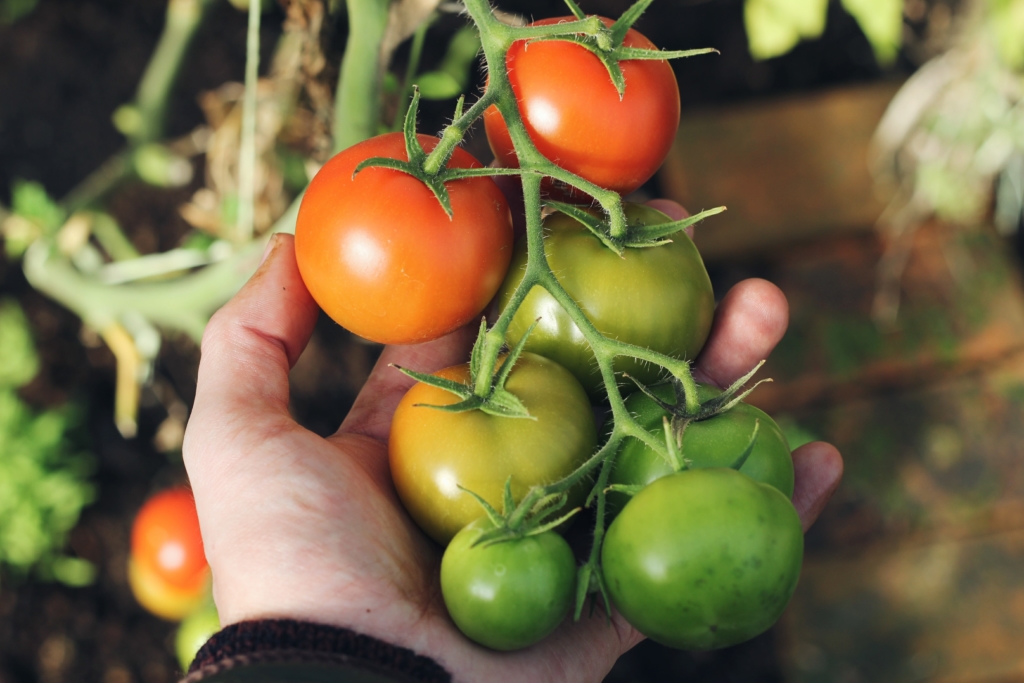In our blog, Grow Your Own Fruits and Vegetables, we talked about the many advantages of growing your own garden, such as living a more sustainable lifestyle, saving money, improving your diet, and the pure satisfaction it provides, as well as some handy gardening tips and tricks to get you started.
But with the satisfaction of growing your own fruits and vegetables come challenges that make you appreciate the food on your plate. Weather, weeds, insects, and soil fertility can make putting food on the table from a home garden a laborious experience.
How to Meet the Challenges of Pest Control with Safe Insecticides
Keeping your crops healthy and protecting them from plant-munching insects is one of the largest challenges a gardener faces, especially when adhering to organic protocols that don’t rely on easy yet potentially harmful solutions, such as herbicides, pesticides, and conventional fertilizers.
While eliminating pests without harming plants, pets, or people can be a tricky obstacle for most plant owners and gardeners, there are plenty of different options and alternative products you can use to safely and efficiently protect your garden from bugs.
Here are some great natural pesticides that are both safe and effective at helping to rid your crops of harmful critters:
1. DIY oil spray insecticide
An easy homemade insecticide made from vegetable oil mixed with a mild soap (such as Dr. Bronner’s castile soap) can help you eliminate troublesome insects, such as aphids, mites, and thrips. All you need to do is mix 1 cup of vegetable oil with 1 tablespoon of soap, then cover it and shake thoroughly.
When you’re ready to apply, add 2 teaspoons of the oil spray mix with 1 quart of water, shake well, and spray directly on the surfaces of the plants which are being affected by pests. The oil coats the bodies of the insects and suffocates them.
2. Soap Sprays
Soap sprays are completely non-toxic, killing the insects simply by smothering them with soap. They’re very effective at killing aphids and other sap-sucking pests, like mealy bugs, mites, leafhoppers, scale insects, and whiteflies. You can find soap sprays at just about any garden center, or you can order them on Amazon. You can also make your own by mixing one tablespoon of liquid soap in a quart spray bottle—just make sure to use a mild, all-natural soap (like Dr. Bronner’s) to avoid harming the plants.
3. Release a Praying Mantis into Your Garden
A great eco-friendly alternative to harmful pesticides is to introduce praying mantises as natural pest killers. Not only do they eat harmful bugs, but you can make watching them a fun science lesson for your kids. Keep in mind that your results can vary as some of these insects will fly away, so you may still want to use another eco-conscious alternative along with them.
4. Neem Oil
Neem oil is one of the best natural insecticides, and it can help you get rid of everything from cabbage worms and squash bugs above ground to nematodes and grubs beneath the soil. As a poisonous extract of the neem tree, neem oil is widely available in garden centers. Although it does often take repeated spraying to be effective, neem has relatively little effect on beneficial insects and pests rarely build up resistance to it, a trait that is common with most chemical insecticides.
5. Homemade Insecticide Spray
Forget vampires, garlic works great on insect infestations in your garden, and making a basic garlic spray is quite simple. Puree 2 whole garlic bulbs in a blender or food processor with a small amount of water (about a quart). Allow the mixture to sit overnight, then strain it into a quart jar, adding 1/2 cup of vegetable oil, 1 teaspoon of mild liquid soap, and enough water to fill the jar. When applying this natural insecticide, just use 1 cup of mixture with 1 quart of water to spray on infested plants. (For an extra kick, try adding mint leaves to the mix.)
Natural or homemade insecticides, such as the ones listed above, can help significantly reduce the number of pesticides in your garden, or even eliminate them altogether. They are also a much more eco-minded alternative to harsh, traditional pesticides.
Other Eco-Friendly Actions You Can Take
If you’re interested in other environmentally centric approaches to everyday tasks, be sure to stay tuned on the Spring Power & Gas blog.


